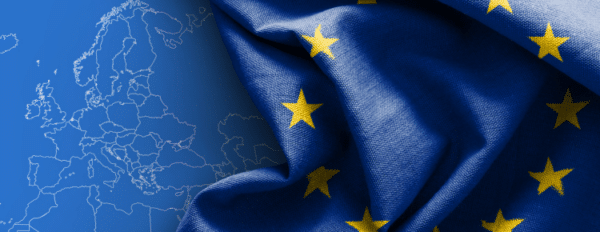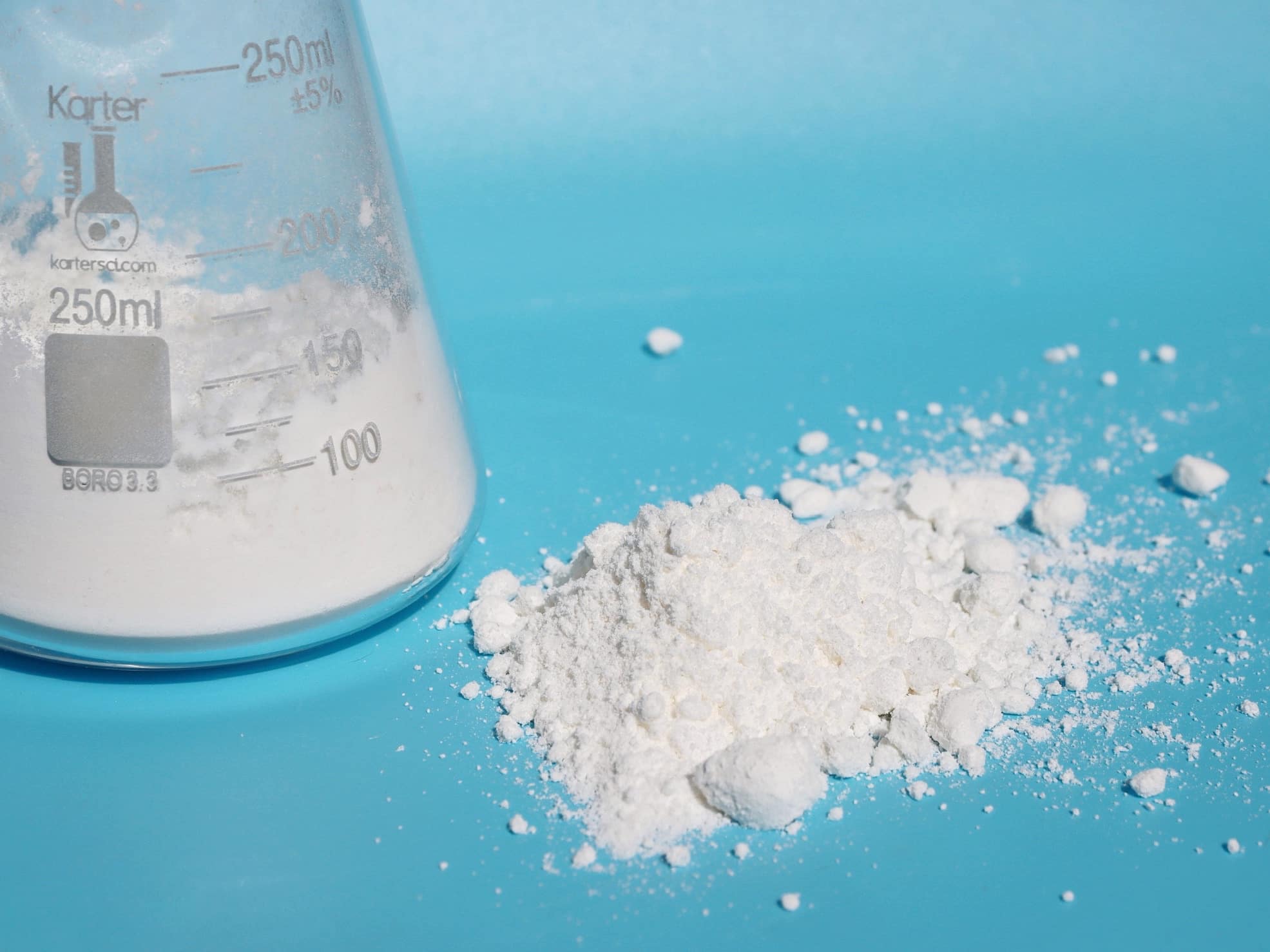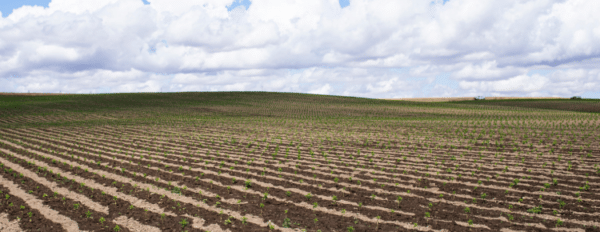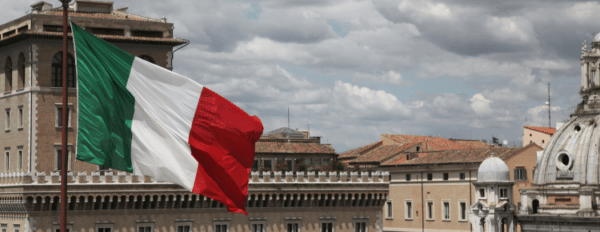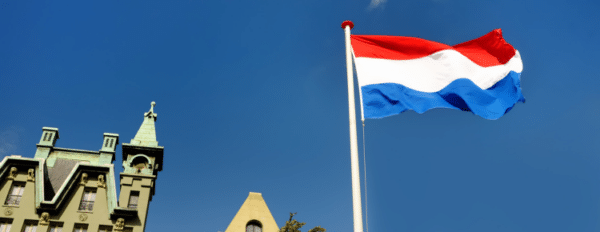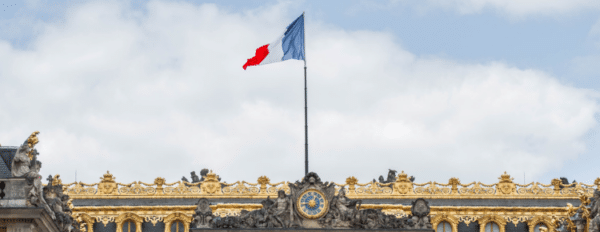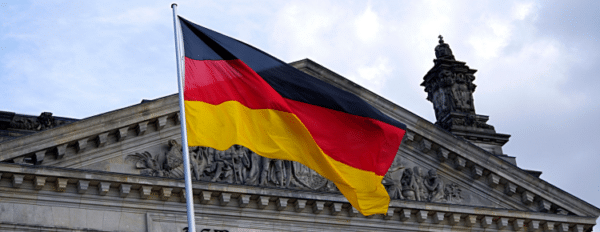When assessing the long-term viability of the cannabinoid market, it’s natural to turn to Europe. Classically conservative in its economic outlook, the European bloc is hard to sway in favor of trends.
Innovations of genuine value, though, are inevitably brought within the fold of European daily life. It’s no wonder that Europeans are clamoring for cannabinoids, but it’s also understandable that growth is hampered by various factors.
For deeper insight into the evolving European cannabinoid industry, we turn to a recent report published by Prohibition Partners. Then, we’ll unpack our expertise in the European region to provide advice for entrepreneurs aspiring to evangelize cannabinoids on the continent.
The latest Prohibition Partners data
Cannabis market researcher Prohibition Partners regularly releases new reports on the international cannabis industry, one of the latest being titled The European Cannabis Report: 7th Edition¹ — free for download on the firm’s website. In this report, everyone from industry CEOs to cannabis activists weigh in on the current status of European cannabinoids, providing honest, multifaceted analysis.
Overview of an evolving European market
Beginning with comments on how LEDs are making the European cannabis industry greener and more efficient, Prohibition Partners goes on to detail its methods in compiling the report before turning to expert interviews and initial takeaway points. The interview section is rife with jargon like “becoming more diverse” and “democratizing,” but once Prohibition Partners gets into its factual analysis, the focus tightens.
Medical cannabis remains the main system by which cannabinoids are dispensed in Europe. Prohibition Partners expects this branch of the European cannabinoid industry to grow from €354 million in 2022 to €2.3 billion in 2026.
Turning to CBD, Prohibition Partners notes that the European Commission has moved forward with plans to make it possible for certain CBD products to be regulated as food. If these efforts are successful, many smaller producers will likely be shuttered, triggering consolidation into the hands of more-capable, larger companies.
Growth to remain steady during a consolidation period
Getting into the raw data, here’s what Prohibition Partners predicts for the next few years of overall revenue in European CBD:
– 2022: €3.05bn
– 2023: €3.39bn
– 2024: €3.47bn
– 2025: €3.43bn
– 2026: €3.44bn
At a glance, these predictions could indicate that the European CBD industry is heading for a period of stagnation. Deeper analysis reveals a different picture, however.
Continuing its analysis, Prohibition Partners first notes that the European stance toward CBD is fragmented. Each country has its own views on the cannabinoid — both socially and in a legislative sense. CBD may be widespread and just as widely accepted in the UK, for instance, but it’s often still associated with marijuana just across the Channel in France.
There are promising signs that European regulatory authorities are moving to allow larger brands to consolidate their influence throughout the entirety of the continental bloc, however. In November 2020, for instance, the European Court of Justice ruled that CBD should not be considered a narcotic.
With European regulatory authorities continually moving to mainstream CBD, resistance to the cannabinoid will likely soon gravitate to those nations that generally eschew the EU’s centralized mandates. The most striking exception to this rule is the UK, which has used its independence from the EU to fully embrace CBD more than any other European country.
Exploring regional dynamics
If an overall consolidation of European political power is ever to take place, it won’t occur over the issue of cannabinoid legalization. European countries will continue to go their own way both culturally and in a regulatory sense, so it may be prudent to approach each European culture differently rather than attempt to defragment the continent all by yourself.
In the UK, for instance, full-spectrum CBD is often whole-heartedly embraced despite its THC content. Other European nations, however, are more skeptical of anything related to THC. Instead of attempting to shift their perspectives toward the UK position, respect the stage they’ve achieved in cannabinoid acceptance, and start with isolated extracts.
Ultimately, the only difference between the European and North American cannabinoid markets is the levels of complexity. Just as many (more, in fact) people in Europe want to use CBD and other cannabinoids, it’s just a matter of helping their governments allow equitable access.
US growth provides an EU roadmap
Some commentators take a cursory look at the European cannabis market and throw their hands up in despair. How could it be possible for so many countries to agree on how to regulate cannabinoids?
It’s not as if the situation in Europe is entirely unique. The cannabinoid industry faced numerous hurdles and setbacks in the United States, for instance, before becoming the mainstream component of society that it is today. Even in Canada, consumers manage to access cannabinoids in a regulatory climate just as oppressive as the EU’s, so it’s clearly possible for cannabinoids to thrive even under adverse circumstances.
Why are cannabinoids taking longer to take off in Europe, then, and what can we all do to help the industry thrive faster? Those are some of the questions we’ll be exploring in this section.
Cannabinoids becoming mainstream worldwide
The pressure being placed on governments and regulators worldwide to open up on cannabinoids is reaching a boiling point. CBD, CBG, and a whole host of other hemp cannabinoids are now available in the United States, and there have been no related increases in crime, car crashes, or the like.
The example of the United States has proven to the world that there is little to be feared from legalizing hemp cannabinoids. As a result, the government’s reasoning for keeping hemp illegal are becoming increasingly threadbare. It’s only a matter of time before Europe appeases the public and makes access to cannabinoids efficient and streamlined.
Legacy relationships are tantamount
Now is not the era of headlong European expansion. On the contrary, at least a handful of smaller cannabinoid brands fold every day in Europe. The European cannabinoid industry would massively deflate over the next few years if the revenue formerly accrued by smaller CBD companies weren’t already on its way to the hands of more qualified, larger producers.
As regulations regarding cannabinoids in Europe become more sensible, it will become easier for more-established operators in the United States and Canada to enter the European market. Since they offer better products at better prices and are easier to work with for suppliers, regulators, and consumers alike, the cannabinoid industry will naturally consolidate under the influence of these competent operators.
Establishing or maintaining relationships with the world’s largest bulk cannabinoid producers will be a vital necessity for operators throughout the European cannabinoid supply chain. As this decade wanes, Europe will open up to the wider world of hemp, providing massive opportunities for those who align with companies that have already acquired coveted industry relationships and access.
Massively untapped potential
The population of Europe is approximately 750 million people. Compare that to the population of the United States, which sits at around 330 million. So, why does a CBD market that is 2.2 times the size of its competitor nonetheless bring in less than the US?
According to a different Prohibition Partners report², the US CBD industry was worth around $4.1 billion in 2022 and will be worth around the same amount in 2026. Changed into US dollars, Prohibition Partners pegs the European CBD industry at $3.2 billion in 2022, swelling to $3.77 billion in 2026.
The positive takeaway is that the European CBD industry will be worth nearly as much as the US CBD industry by 2026. The only difficult part is that the European CBD market is nearly twice the size of its US counterpart. If the US CBD market is worth $4 billion, the EU CBD market would need to be worth $8 billion to be representative.
The dawning decade of European cannabinoids
How will the European cannabinoid industry transform from its current state into a genuine rival of the markets in North America? The key approach for both domestic and foreign operators will be to spend equal time appeasing the EU and reaching out to individual national markets.
The needs and concerns of, say, the Italian CBD shopper could be very different from those of the Irish. European borders shift often throughout history, but cultures and ethnicities remain intact, resulting in a patchwork of cultural values of unsurpassed richness and complexity.
Success stories of individual markets, such as the UK, should be observed in greater detail to glean good ideas. Areas that are currently struggling, such as Germany and the Netherlands, can serve as cautionary tales and areas for improvement.
Cannabis legalization won’t be the issue that makes or breaks European unification. What it does show, however, is that Europe is still a very vibrant and dynamic organism — would-be cannabinoid entrepreneurs will need to study up if they hope to approach this market profitably.
European cannabinoid market FAQ
Dive deeper into the European CBD market in the following FAQ section:
1. What is the EU position on CBD?
The EU does not consider CBD³ to be a narcotic drug. It either considers CBD to be a novel drug or a novel food depending on the product type. So far, the EU has not opined on acceptable THC levels in CBD products, leaving this determination to individual member nations.
2. Is CBD legal in Germany?
Most CBD products are legal in Germany as long as they contain less than 0.2% THC. Certain types of CBD products, however, such as edibles and flower, may not be legal in Germany.
3. Is CBD legal in France?
Yes, CBD is legal in France as long as it contains less than 0.3% THC. And, due to a recent court ruling⁴, even CBD flower is now legal in France as well.
4. How big is the CBD market in Europe?
According to the latest Prohibition Partners data, the European CBD industry is worth around €3.39bn. This makes the European CBD market the second-largest in the world next to the US CBD industry.
5. What is the future of CBD in Europe?
The future of the European CBD industry looks bright with both EU and member nation regulators coming together to make rulings on CBD in food and other significant concerns. While growth will not be quite explosive over the coming years, the European CBD industry will continue to consolidate and evolve, rewarding responsible companies.
Sources
1. The European Cannabis Report: 7th Edition | Reports | Prohibition Partners. (2022, April 8). Prohibition Partners. https://prohibitionpartners.com/reports/the-european-cannabis-report-7th-edition/
2. Statista. (2022, October 10). CBD product dollars sales in the United States from 2022 to 2026. https://www.statista.com/statistics/1067467/cbd-product-dollar-sales-us/
3. European Food Safety Authority. (2022, June 7). Cannabidiol novel food evaluations on hold pending new data. European Food Safety Authority. https://www.efsa.europa.eu/en/news/cannabidiol-novel-food-evaluations-hold-pending-new-data
4. Sabaghi, D. (2023, January 5). France’s Court Overturns Government Ban On Sale Of CBD Flowers. Forbes. https://www.forbes.com/sites/dariosabaghi/2023/01/05/frances-court-overturns-government-ban-on-sale-of-cbd-flowers/#:~:text=A%20French%20court%20has%20overturned,strict%20legislation%20in%20recent%20years.

